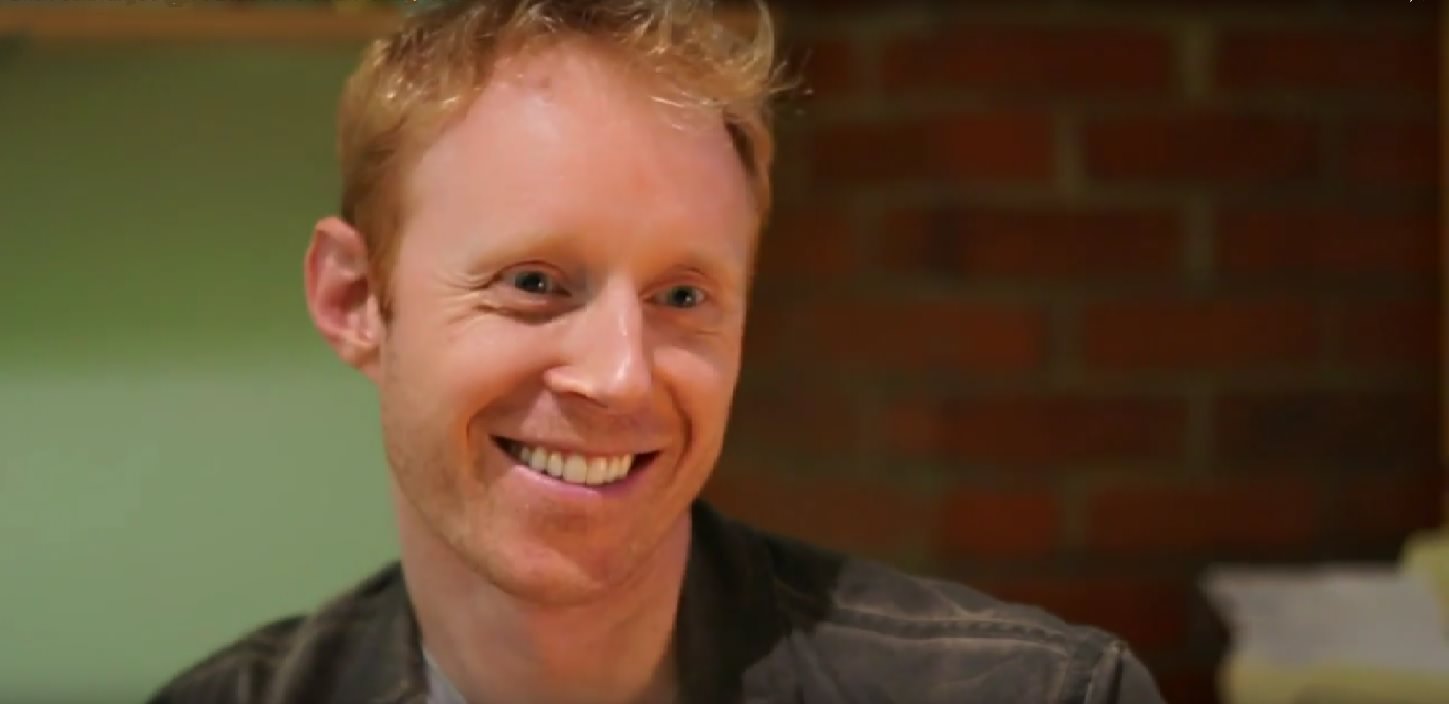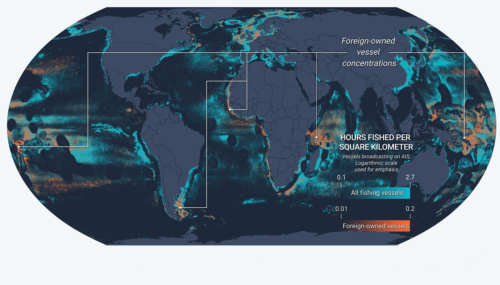As a Senior Program Manager for Google Ocean & Earth Outreach Brian Sullivan is Google’s lead on Global Fishing Watch. Over the years, he has managed digital divide programs in West Africa, toted Google’s Street View technology through remote areas of the world (including under water), and worked on multiple projects that help non-profits use Google technology to support and expand their humanitarian, global health and environmental efforts. In late 2013, a casual conversation with SkyTruth about how to potentially scale a regional fishery monitoring program they were running off Chile lead Brian to play a founding role and become a driving force in the evolution of Global Fishing Watch. Here’s his take on the project, ocean conservation, and the importance of applying big data tools to a global issue.
One of the most exciting things about Global Fishing Watch is that we don’t yet know all the impacts it will have. We very much believe our goal is to put this information out there for other organizations to use, and although we have ideas about applications in many fields, we really can’t imagine all of the scenarios or uses. Fundamentally we believe increased transparency improves markets, decreases corruption and supports more sustainable practices.
After we announced Global Fishing Watch in November of 2014, so many different types of people reached out to us. Public policy people, trade groups, members of the fishing industry as well as the supply chain all reached out to us with ideas. Scientists and academics were clamoring for the data and describing new insights and methodologies this would enable. Governments such as Indonesia wanted to discuss how this would support their new management and policy initiatives. It was gratifying to see that what we were starting to create has so many applications.
The reason Google gets excited about such projects is that a lot of these can be done at smaller, regional levels, but to do it at a global scale often takes an entirely new approach and suite of tools. We can enable these at a scale that is orders of magnitudes larger, or what we like to say, “a Google scale.”
It’s not uncommon for our analysts or machine learning experts, at Google, SkyTruth, or our research partners, to be faced with a problem that requires 10,000 machines to chew through all of the data. We have examples where running a model would take 50 computers 24 hours, but then needing to run it under 30 different conditions. That would take a month to do on 50 machines. But we can kick off 1,500 machines on the way out to lunch.
When you realize the potential of this, it’s really addictive, and that’s the fun part. We had an annual planning meeting at Google where we were looking at potential new projects for the long term and we said, What’s our moonshot? If we could each take one massive project to drive the most impact, what would we do this year? Once we had a sense of what was possible with Global Fishing Watch, we just knew that’s what we had to focus on.
Global Fishing Watch is extra special to me because the ocean has always been a sanctuary for me. As an avid diver with over 1,000 dives, I volunteer with California Fish and Wildlife and Reef Check to monitor local areas. So being able to really get involved in ocean conservation as well as management is a very exciting thing.
For me personally, the ocean is where I go to restore myself. But every time you see it through a different functional lens, you see something different. With Reef Check, you see it from a scientific ecosystem angle, but when you dive with Fish and Wildlife you start seeing it from a policy angle, how many abalone should be legal to take, what’s the abundance in this area relative to how fast they regenerate, are the resources being experienced by the community? When you start diving as a photographer, you see it from an artistic perspective. As a spear fisher, or as someone relying on the ocean for subsistence, you see it from an extremely grounding and connected perspective. Now we’re looking at it from a big data perspective. But the ramifications and impacts span biodiversity, economics, labor rights, basic food security, sovereignty, and the future of our oceans as well as our humanity. I’m excited to watch Global Fishing Watch evolve in the broader modern ecosystem.


